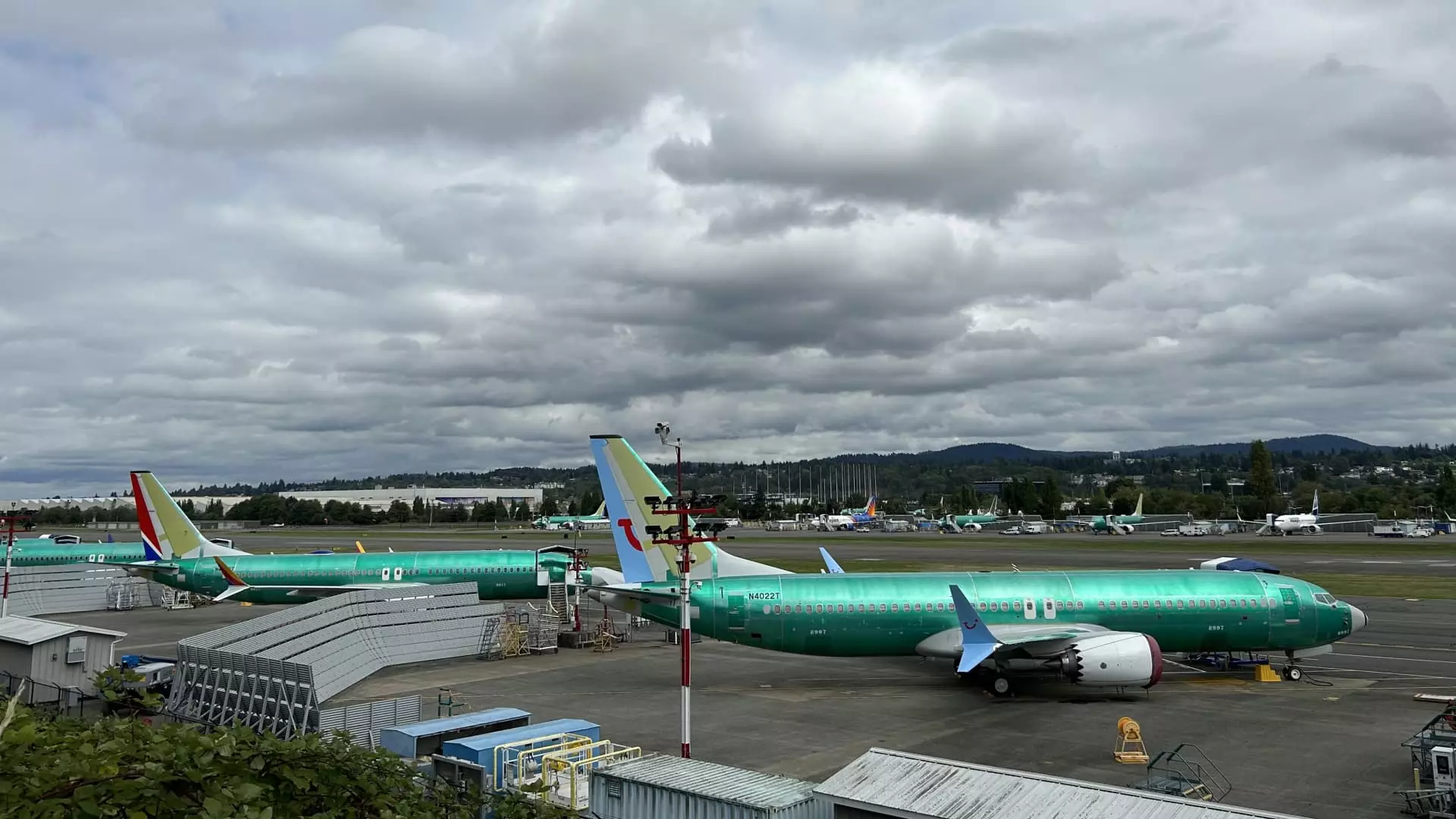In 2024, Boeing delivered a total of 348 airplanes, a staggering drop of roughly 33% from the previous year. This significant decline can primarily be attributed to two critical issues: a midair door panel blowout incident that triggered a crisis and a machinist strike that paralyzed production in the fall. These events have not only affected Boeing’s operational efficiency but have also posed serious questions about the company’s ability to compete in an increasingly challenging aerospace market.
The delivery figures underscore Boeing’s widening gap with its main competitor, Airbus. While Boeing struggled with its 348 deliveries, Airbus successfully delivered 766 jetliners—marking its highest number since 2019. This disparity highlights the ongoing challenges faced by Boeing in regaining market share, especially as both companies grapple with supply chain strains. These disruptions are causing delays and increasing fulfillment times, which further complicates efforts to manage order backlogs. The aerospace industry is in a precarious position, where the demand for new aircraft is strong, but the ability to deliver remains hampered by external factors.
One of the critical implications of reduced aircraft deliveries is the rise in leasing prices due to a shortage of available airplanes in the market. According to a recent report by aviation data firm IBA, rental rates are expected to reach record highs in 2024, as airlines compete for a limited supply of aircraft. This situation presents both challenges and opportunities for manufacturers like Boeing and Airbus. While higher lease rates can signify a strong demand for air travel, they also force airlines to navigate increased operating costs, potentially impacting their profitability.
Despite the struggles in delivery, Boeing logged 142 gross orders in December alone. This included significant orders for 100 737 Max airplanes from Turkey’s Pegasus Airlines and 30 787 units for flydubai, foreshadowing future growth potential. However, the company also saw over 130 orders removed from its books, primarily due to the insolvency of India’s Jet Airways. This juggling act of retaining orders while replenishing the order book continues to be a pressing challenge for Boeing.
Boeing’s financial health is catching the attention of investors and industry analysts alike. With CEO Kelly Ortberg and other executives bracing for investor inquiries on January 28 regarding their strategies to boost production and restore profitability, the focus will be on how successfully the company navigates the myriad challenges it faces. Addressing these concerns is crucial for Boeing’s recovery and future competitiveness against Airbus and other emerging rivals in the sector.
Boeing’s performance in 2024 paints a mixed picture. While the company’s delivery numbers reflect the depth of its struggles, its ability to secure new orders could hint at a potential recovery. The road ahead is fraught with uncertainty, but with strategic adaptation and management, Boeing has the potential to turn its fortunes around in the coming years.


Leave a Reply